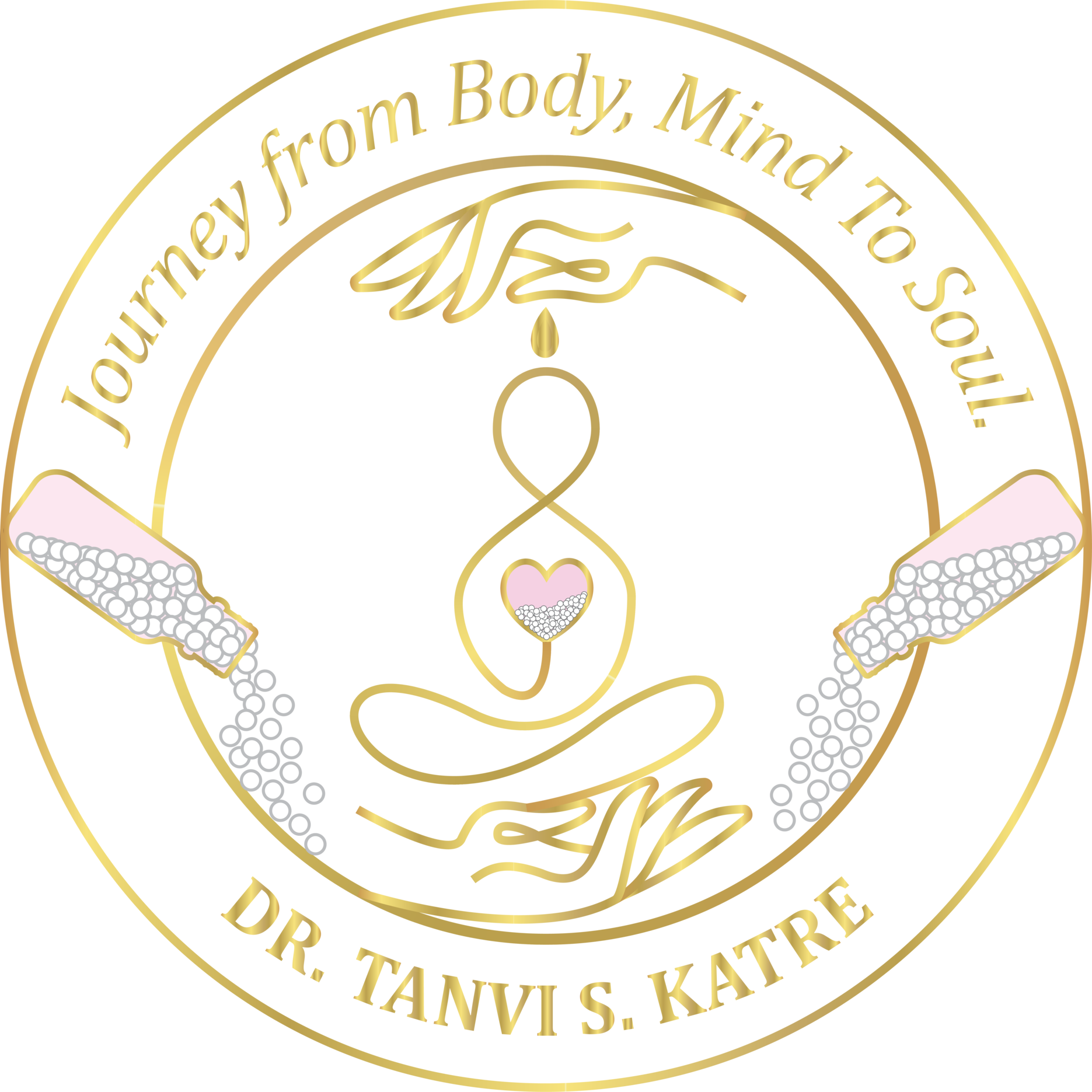Lifestyle Disorders

Lifestyle Disorders
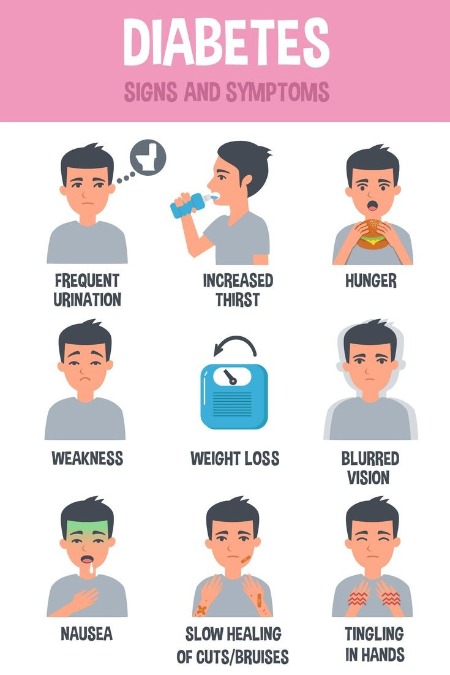
What is Diabetes?
Diabetes is a condition that happens when your blood sugar (glucose) is too high. It develops when your pancreas doesn’t make enough insulin or any at all, or when your body isn’t responding to the effects of insulin properly.
Signs & Symptoms Of Diabetes
Symptoms of diabetes include:
- Increased thirst (polydipsia) and dry mouth.
- Frequent urination.
- Fatigue.
- Blurred vision.
- Unexplained weight loss.
- Numbness or tingling in your hands or feet.
- Slow-healing sores or cuts.
- Frequent skin and/or vaginal yeast infections.
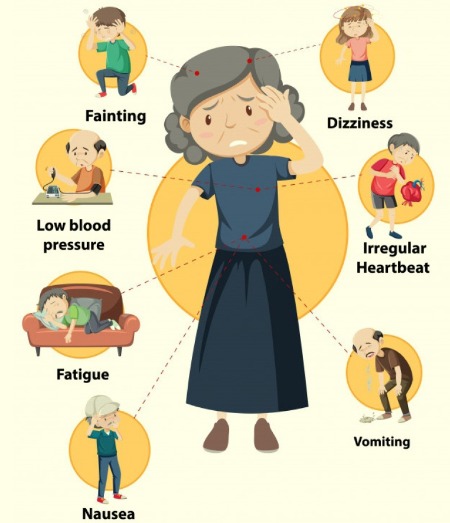
What is High Blood Pressure?
High blood pressure is when the force of blood pushing against your artery walls is consistently too high. This damages your arteries over time and can lead to serious complications like heart attack and stroke.
Signs & Symptoms Of High Blood Pressure
Most people with high blood pressure have no symptoms, even if blood pressure readings reach dangerously high levels. You can have high blood pressure for years without any symptoms.
A few people with high blood pressure may have:
- Headaches
- Shortness of breath
- Nosebleeds
However, these symptoms aren't specific. They usually don't occur until high blood pressure has reached a severe or life-threatening stage.
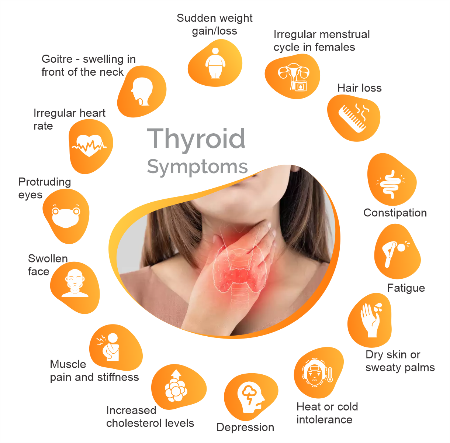
What is Thyroid Disease?
Your thyroid creates and produces hormones that play a role in many different systems throughout your body. If your body makes too much thyroid hormone, you can develop a condition called hyperthyroidism. If your body makes too little thyroid hormone, it’s called hypothyroidism.
Signs & Symptoms Of Thyroid Disease
Symptoms of an overactive thyroid (hyperthyroidism) can include:
- Experiencing anxiety, irritability and nervousness.
- Having trouble sleeping.
- Losing weight.
- Having an enlarged thyroid gland or a goiter.
- Having muscle weakness and tremors.
- Experiencing irregular menstrual periods or having your menstrual cycle stop.
- Feeling sensitive to heat.
- Having vision problems or eye irritation.
Symptoms of an underactive thyroid (hypothyroidism) can include:
- Feeling tired (fatigue).
- Gaining weight.
- Experiencing forgetfulness.
- Having frequent and heavy menstrual periods.
- Having dry and coarse hair.
- Having a hoarse voice.
- Experiencing an intolerance to cold temperatures.
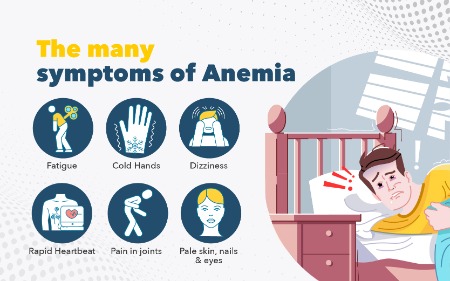
What is Anaemia?
Anaemia happens when you don’t have enough red blood cells or your red blood cells don’t work as they should. Your red blood cells carry oxygen throughout your body. Oxygen powers your cells and gives you energy. Without healthy red blood cells that do their job, your body doesn’t get the energy it needs to function.
Signs & Symptoms Of Anaemia
Fatigue, feeling too tired to manage your activities is the most noticeable anaemia symptom. Other symptoms may include:
- Shortness of breath (dyspnoea): This is the feeling you can’t catch your breath or take a deep breath.
- Dizziness: This is feeling lightheaded or unsteady on your feet.
- Fast or irregular heartbeat (arrhythmia): This is when your heart feels like it's racing or skipping beats.
- Pounding or “whooshing” sound in your ear (pulsatile tinnitus): This is a swooshing sound in one of your ears that may come and go.
- Headache: Iron-deficiency anaemia and anaemias caused by low haemoglobin may cause headaches.
- Pale or yellow skin: Your skin colour may be paler than usual.
- Chest pain: This may feel like something is pressing on or squeezing your chest.
